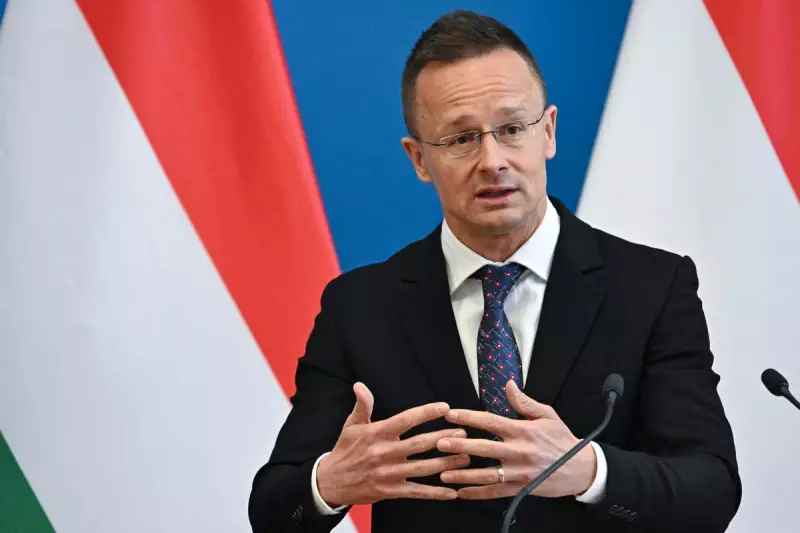
Ukrainian President Volodymyr Zelensky has raised alarms over a significant loophole in the G7's $60-per-barrel price cap on Russian crude oil, revealing that Moscow is allegedly using third-party intermediaries to circumvent Western sanctions. This development comes as the conflict in Eastern Europe enters its third year with no clear resolution in sight.
The Shadow Fleet Bypass
According to intelligence reports cited by Zelensky, Russia has assembled a "shadow fleet" of tankers operating through opaque trading networks. "When the price limit was introduced, we all heard Moscow's threats to stop supplying oil to countries that supported the restrictions," Zelensky stated in his nightly address. "Instead, they've created an elaborate scheme using fake companies and middlemen."
Trump's NATO Remarks Stir Controversy
The oil cap revelations coincide with former US President Donald Trump's inflammatory comments suggesting he would encourage Russia to attack NATO members failing to meet defence spending targets. These remarks have drawn sharp criticism from Western leaders while potentially emboldening Moscow's position.
Economic Warfare Continues
Energy analysts note that Russian Urals crude has recently traded above the $60 threshold, with some shipments reportedly selling for $75-$80 per barrel through complex brokerage chains. The G7 implemented the price cap in December 2022 alongside an EU embargo on seaborne Russian oil, aiming to restrict Moscow's war funding while maintaining global supply stability.
Ukraine's Call for Stronger Measures
Zelensky urged Western allies to close enforcement gaps, warning that current sanctions "have become more of a suggestion than a restriction." The Ukrainian leader emphasized that every dollar above the price cap directly finances Russia's military operations against his country.
As geopolitical tensions escalate, the effectiveness of economic sanctions versus military solutions continues to dominate international discourse. With Ukraine's counteroffensive stalled and Russia adapting to financial restrictions, the conflict appears headed toward a prolonged stalemate.





